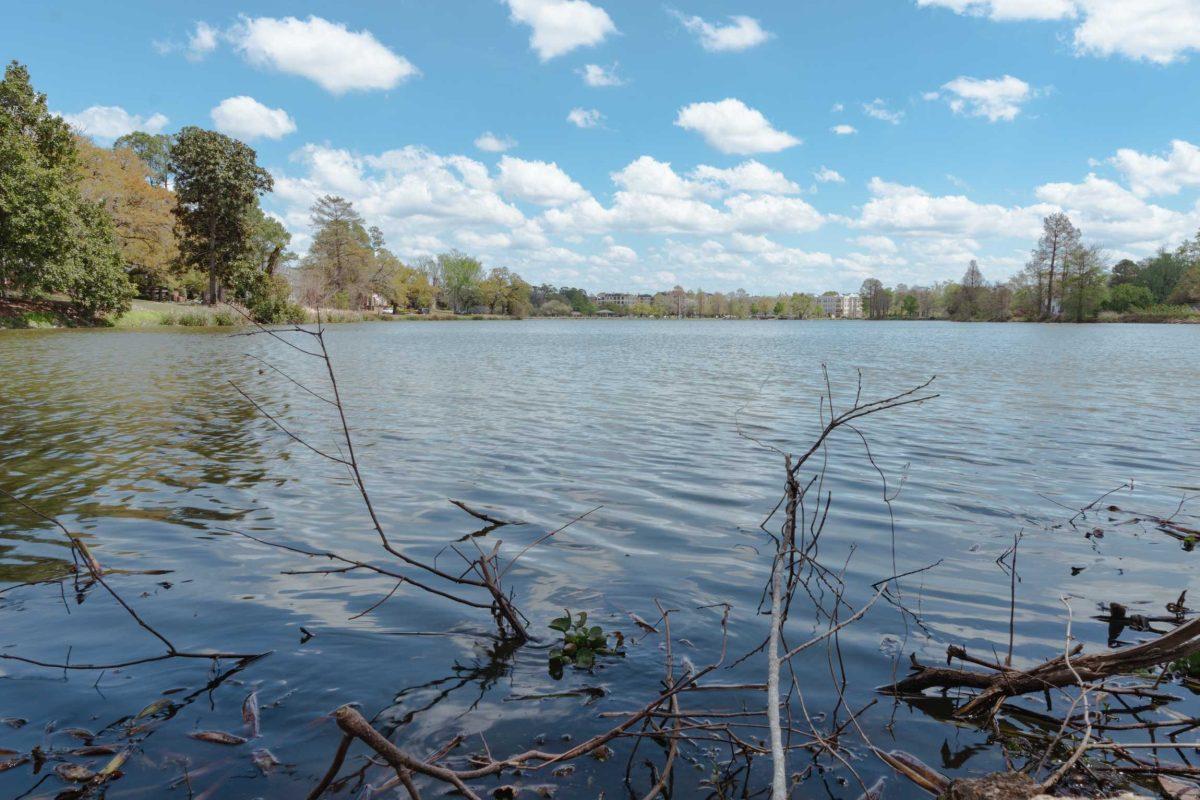Most Louisiana residents think that coastal land loss will harm the state as a whole, according to the latest installment of the Louisiana Survey from the LSU Reilly Center.
The report, which is the second installment in a six-part series of the Reilly Center’s Louisiana Survey, shows that while a majority of Louisianians believe that land loss will hurt the state, just half believe that it will affect them personally.
Among the report’s findings:
-
Eighty-five percent of residents believe land loss will cause a great deal or moderate amount of harm to Louisianans living along the coast. Nearly three quarters said it will cause harm to the state as a whole.
-
About 85% said land loss poses a threat to future generations of Louisianans, while nearly two-thirds said that it would harm their own generation.
-
Half of respondents believe land lost will harm them personally. That percentage is higher for coastal residents, with 70% saying they will be personally affected by it.
The Louisiana Survey results are based on responses from 508 adult Louisiana residents who were surveyed from Feb. 21 to March 14.
A combination of natural sinking, subsidence from the Mississippi River’s inability to replenish its sediment deposits, and sea level rise via climate change has resulted in the state losing over 2,000 square miles of coastal land since the 1930s, according to the Restore the Mississippi River Delta project.
Those combinations and future sea-level rise projections put Louisiana in a uniquely unfortunate position. The Gulf Coast is projected to see 14-18 inches of sea level rise by midcentury, with Louisiana and Texas seeing the worst of it, according to the National Oceanic and Atmospheric Association’s 2022 Sea Level Rise Technical Report.
The survey indicated that a majority of residents support elevation requirements for new construction to avoid flooding but did not support paying to renovate current structures.
Nearly 90% support elevation requirements for new construction in flood-prone areas and 62% support paying owners to elevate existing buildings in this area. Opinion is very closely divided about requiring property owners to elevate without mentioning paying them to do so.
Public opinion is also almost evenly split about paying residents to move out of areas at high risk of flooding and prohibiting new construction.
A majority did say that they oppose raising insurance rates for those in flood prone areas.
Most Louisianians also said that they think hurricanes are getting stronger and more frequent.
Nearly 70% of respondents said hurricanes hitting Louisiana are stronger than those in the past, while 62% said that the number of hurricanes impacting the state has increased.
The report notes that there is a significant regional variation in these responses, with residents in the southern half of the state increasingly concerned about more damaging hurricanes.
Nearly three quarters of respondents in metro New Orleans said hurricanes are stronger. As you move north, that number shrinks. Two-thirds of those in metropolitan Baton Rouge agreed, but in North Louisiana, the share falls to 56%.
Climate experts say heavy rainfall, hurricanes, and flooding will become more severe on average as the planet warms. Hurricanes won’t necessarily become more frequent, however, since the conditions that give rise to cyclones are complicated.
Some models suggest warming since the industrial revolution has already aggravated previous natural disasters in the country, including Louisiana.
While most think that hurricanes are stronger and more frequent than the past, fewer said that flooding in their community is more common than in the past.
Less than half of respondents said flooding in their local community is more common. The report notes that there are regional differences in responses to this question as well.
Sixty-eight percent of those in the Baton Rouge area said that flooding has increased, while 43% of those in New Orleans agreed. Just 26% of respondents in north Louisiana said the same.







